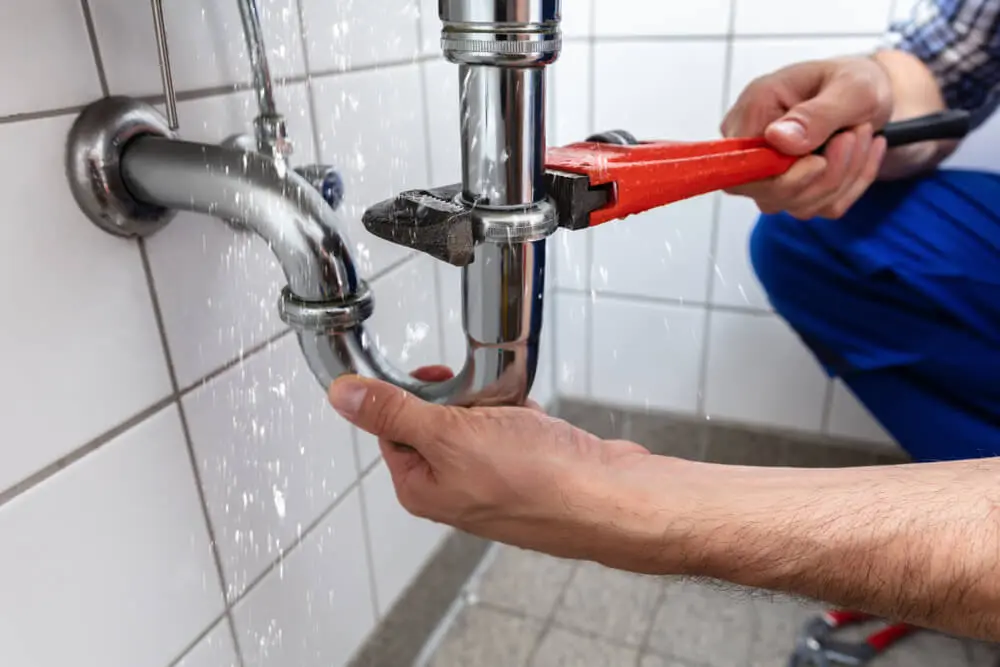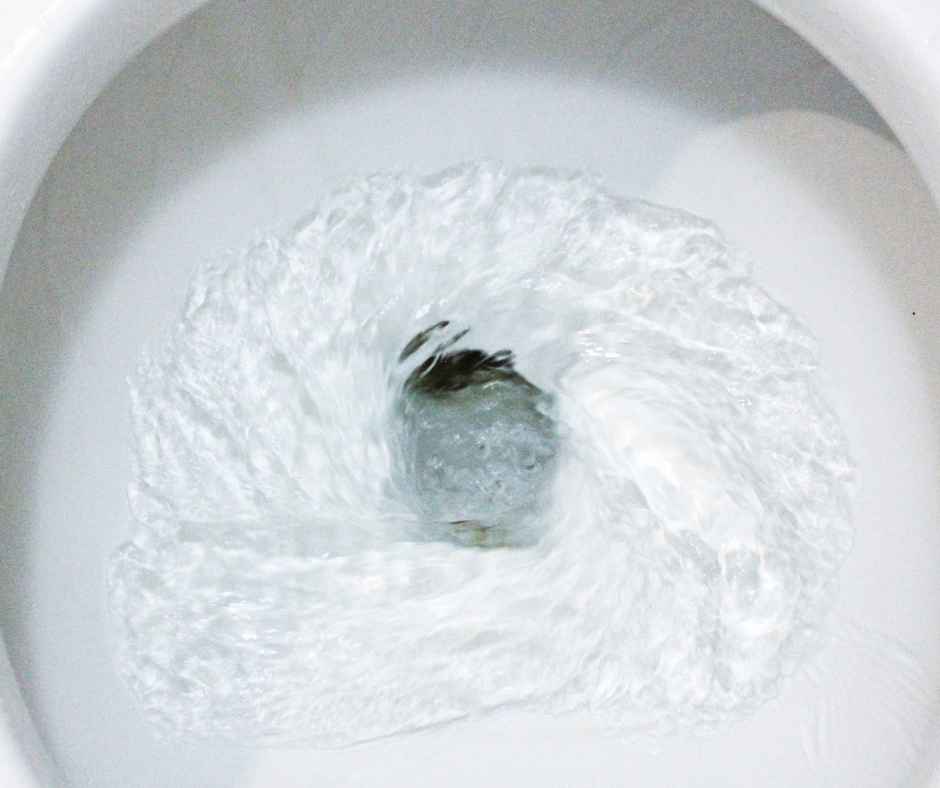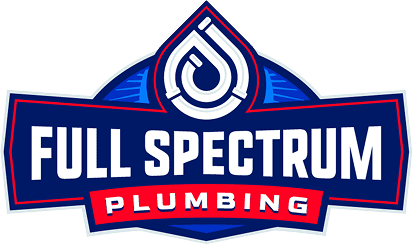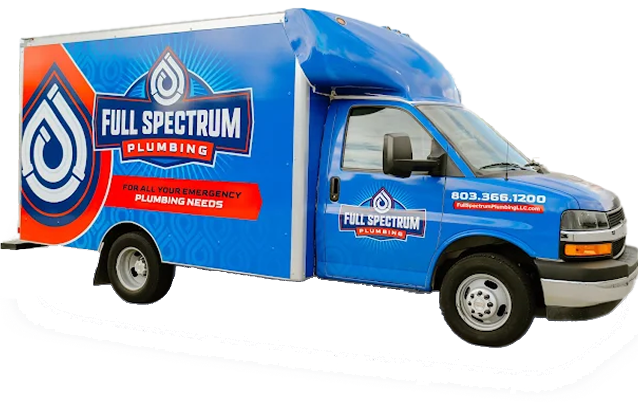Proudly Serving Rock Hill and Surrounding Areas
Plumber’s Role in Disaster Recovery: Case Studies from Recent Urban Flooding Events

Urban flooding is an unfortunate reality many cities face as climate change intensifies the frequency and severity of extreme weather events. From torrential rain to rising sea levels, the impact of flooding on a city’s infrastructure is immense. When the waters rise, one of the unsung heroes in disaster recovery is the plumber. With specialized skills and knowledge, plumbers play a crucial role in mitigating damage, restoring utilities, and ensuring that homes and businesses can return to normal as quickly as possible.
In this blog, we’ll explore the pivotal role plumbers play during disaster recovery efforts, particularly in urban flooding situations, through case studies and insights into their techniques, challenges, and impact on a city’s plumbing infrastructure.
How Do Plumbers Contribute to Disaster Recovery During Urban Flooding Events?
Plumbers are on the front lines of disaster recovery when urban flooding occurs. Their expertise helps to restore critical services, prevent further damage, and ensure public health and safety. Here are some of the key ways plumbers contribute during urban flooding events:
- Emergency Water Shut-off: One of the first tasks plumbers perform during urban flooding is to shut off water mains to prevent contaminated water from entering homes and businesses. This helps to contain water damage and limit health risks associated with waterborne diseases.
- Sewage System Repair: Floodwaters often overwhelm sewage systems, leading to backups, spills, and contamination. Plumbers work to repair damaged sewage lines, clean out blocked pipes, and ensure that waste is properly managed to prevent public health hazards.
- Plumbing System Inspections and Repair: Once floodwaters recede, plumbers assess the damage to the plumbing systems of homes, buildings, and critical infrastructure. This may involve replacing burst pipes, fixing broken fixtures, and cleaning debris from drainages to restore the water flow.
- Sanitization and Disinfection: Contaminated floodwater often brings dirt, debris, and pathogens into homes and commercial spaces. Plumbers help with sanitization efforts by cleaning and disinfecting plumbing systems to prevent the spread of illness and ensure safe water quality.
- Restoring Pressurized Water Systems: Flooding can disrupt the water supply in affected areas, and plumbers work to reestablish pressurized water systems to restore normal water flow. They also ensure that drinking water sources are safe, testing for contamination and installing filtration systems if necessary.
What Plumbing Techniques are Used to Mitigate Damage After Urban Floods?
After urban flooding, mitigating the damage caused to plumbing systems is critical to getting a city back on its feet. Plumbers employ several techniques to minimize water damage and facilitate a swift recovery:
- Pipe Rerouting: When floodwaters cause extensive damage to the plumbing infrastructure, plumbers may reroute pipes to bypass areas that are completely flooded or destroyed. This temporary measure allows water service to be restored quickly to unaffected areas.
- Backflow Prevention Installation: Urban flooding can cause backflow, where dirty water flows back into clean water lines. Plumbers install backflow prevention devices to stop contamination from entering the city’s water supply, protecting public health and reducing the risk of waterborne diseases.
- Use of Submersible Pumps: Plumbers often deploy high-powered submersible pumps to quickly remove standing water from basements, homes, and businesses. These pumps can be used to empty flooded areas, which is essential before repair and sanitization efforts can begin.
- Drying and Dehumidification: After floodwaters have been pumped out, plumbers may utilize dehumidifiers and fans to dry out wet spaces and plumbing components. This prevents mold growth and helps maintain the structural integrity of buildings while also drying out flooded pipes to avoid freezing when temperatures drop.
- Waterproofing Systems: To prevent further damage, plumbers may install waterproofing systems, including sump pumps and French drains, to divert future floodwater away from homes and businesses. These systems help to protect plumbing from recurring flooding and reduce the risk of damage in future storms.
How Can Urban Flooding Impact a City’s Plumbing Infrastructure?
Urban flooding doesn’t just affect homes and businesses – it can wreak havoc on a city’s entire plumbing infrastructure. When floodwaters overwhelm a city, plumbing systems designed to handle everyday water flow are often unable to cope with the influx. Here’s how urban flooding can impact a city’s plumbing infrastructure:
- Sewage Treatment Plants: Flooding can disrupt the operation of sewage treatment plants, leading to the discharge of untreated sewage into the environment. This not only presents a significant public health risk but also damages the city’s wastewater infrastructure, requiring extensive repairs to restore normal function.
- Water Mains Breakage: High-pressure floodwaters can cause water mains to break, leading to widespread loss of water supply in certain areas. In some cases, floods may also carry debris into the pipes, further damaging the infrastructure and requiring complete system overhauls in worst-case scenarios.
- Underground Pipe Damage: Underground plumbing, such as stormwater drains and sewage lines, is highly vulnerable during urban flooding. Floodwaters can erode soil, loosen pipes, and create blockages in plumbing systems, leading to long-term damage that requires intensive excavation and repairs.
- Contaminated Water Supply: Urban flooding often brings with it water contamination. Mud, bacteria, and chemicals can seep into the city’s water supply, creating serious public health issues. Plumbers must work quickly to sanitize and restore potable water sources to prevent waterborne illnesses and ensure clean drinking water.
- Disruption to Essential Services: Cities rely heavily on plumbing systems for essential services such as firefighting, hospitals, and public sanitation. Flooding can disable these services, leading to an emergency response from plumbers who must restore critical plumbing infrastructure to keep the city functioning.
What are Common Plumbing Challenges Faced During Disaster Recovery Efforts in Urban Areas?
Disaster recovery in urban areas presents unique plumbing challenges that require both quick thinking and expertise. Here are some common issues plumbers face when dealing with urban flooding recovery efforts:
- Limited Access to Affected Areas: In heavily flooded areas, roads may be impassable, and buildings may be structurally compromised. This makes it difficult for plumbers to access affected plumbing systems and perform repairs. Plumbers often have to work under hazardous conditions or use special equipment to reach flooded properties.
- Sewer Backup and Contamination: Flooding often causes sewage lines to back up, and plumbers must deal with the hazardous situation of clearing blocked lines and restoring safe sanitation systems. With raw sewage present, plumbers need to take extra precautions to avoid contamination and ensure public safety.
- Time Sensitivity: The quicker plumbers can respond to water leaks, pipe bursts, and flood damage, the better the chances of minimizing long-term damage. During a disaster recovery, timing is critical. Any delays in plumbing repairs can result in more extensive damage and higher repair costs.
- Lack of Resources and Equipment: In large-scale urban flooding events, the demand for plumbing services is overwhelming. There may be a shortage of plumbers, equipment, and materials needed to restore plumbing systems. Plumbers must prioritize repairs and utilize available resources effectively to help as many people as possible.
- Insurance Disputes and Paperwork: In many cases, homeowners and businesses rely on insurance coverage to pay for plumbing repairs. Plumbers often find themselves involved in the insurance claims process, helping clients document damages, fill out paperwork, and sometimes negotiate with insurance companies on behalf of the affected parties.
- Cost and Budget Constraints: Cities may face significant financial constraints when it comes to funding recovery efforts, making it difficult to allocate sufficient resources to repair and replace damaged plumbing infrastructure. Plumbers must work within these budget limits to provide the most effective solutions.
The role of plumbers in disaster recovery during urban flooding events is often underappreciated, yet they are essential to restoring normalcy in affected communities. From emergency water shut-offs to sewage system repairs, plumbers work tirelessly to mitigate the damage caused by floods and ensure that homes, businesses, and cities can recover.
Their ability to respond quickly and effectively to these challenges plays a critical role in preventing further damage, protecting public health, and restoring essential services. As cities face increasing risks of flooding due to climate change, the expertise and dedication of plumbers will continue to be a vital part of disaster recovery efforts.
How Full Spectrum Plumbing Services Supports Urban Flooding Disaster Recovery Efforts
At Full Spectrum Plumbing Services, we recognize the critical role plumbing plays during urban flooding recovery, and we are fully equipped to provide essential support during these challenging times. Here’s how our services align with the needs outlined above:
- Rapid Response and Emergency Services: We offer 24/7 emergency plumbing services, ensuring we’re available when floodwaters cause unexpected damage. Whether it’s a burst pipe, sewage backup, or water damage, our team is ready to respond quickly to minimize further damage and restore your plumbing systems.
- Expert Floodwater Mitigation and Cleanup: We specialize in floodwater removal and drying techniques that reduce the risk of mold growth and long-term structural damage. Our submersible pumps and high-powered vacuums clear standing water quickly, while our dehumidifiers and drying systems ensure your plumbing components are thoroughly dried and protected.
- Backflow Prevention and Contamination Control: We install and maintain backflow preventers, which are crucial for ensuring clean water supply during flood events. This is especially important for preventing contaminants from entering drinking water sources. Our technicians are highly trained in handling backflow situations and ensuring that your water supply remains safe and clean.
- Comprehensive Plumbing Inspections: Following a flood, it’s essential to thoroughly inspect plumbing systems to identify hidden damage. Full Spectrum Plumbing Services offers detailed inspections, pinpointing areas of concern such as cracks, corrosion, and leaks in pipes, ensuring your home or business is fully operational again.
By leveraging our advanced techniques, expert knowledge, and quick response times, Full Spectrum Plumbing Services is your go-to partner in managing the complexities of plumbing disaster recovery during urban flooding events. Call us today!
Recent Posts

Why Ignoring Small Plumbing Noises Can Lead to Major Damage in Rock Hill Homes

The Hidden Effects of Carolina Clay Soil on Your Sewer Line

Common Plumbing Problems Charlotte Homeowners Face Each Year
Have a Question?


